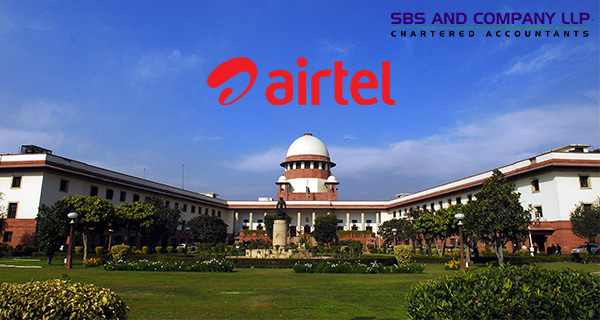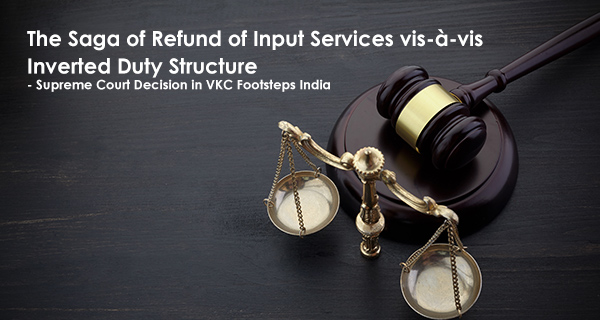- SBS AND COMPANY LLP
- Blog
- Hits: 4681
Rectification of GSTR-3B - Supreme Court Decision in Bharti Airtel Limited
The recent judgment of Honourable Supreme Court in the matter of Union of India vs. Bharati Airtel Limited[1] deals with a special circumstance of rectification of Form GSTR-3B. As all of us are aware that Form GSTR-3B is a monthly/quarterly return in which the taxpayer assesses his liability and discharge the same by using the cash and credit. The matter before the Honourable Supreme Court is pertaining to the rectification of such return. Though the rectification of the said return is possible in a different methodology as proposed by Circular 26/26/2017-CT dated 29.12.17 by making changes in a different return, the respondent in the subject matter (Bharati Airtel Limited) wanted to carry such rectification in the same return, where the error has occurred. We shall proceed to examine as to how the matter was finally settled by the Honourable Supreme Court.
Read more: Rectification of GSTR-3B - Supreme Court Decision in Bharti Airtel Limited








